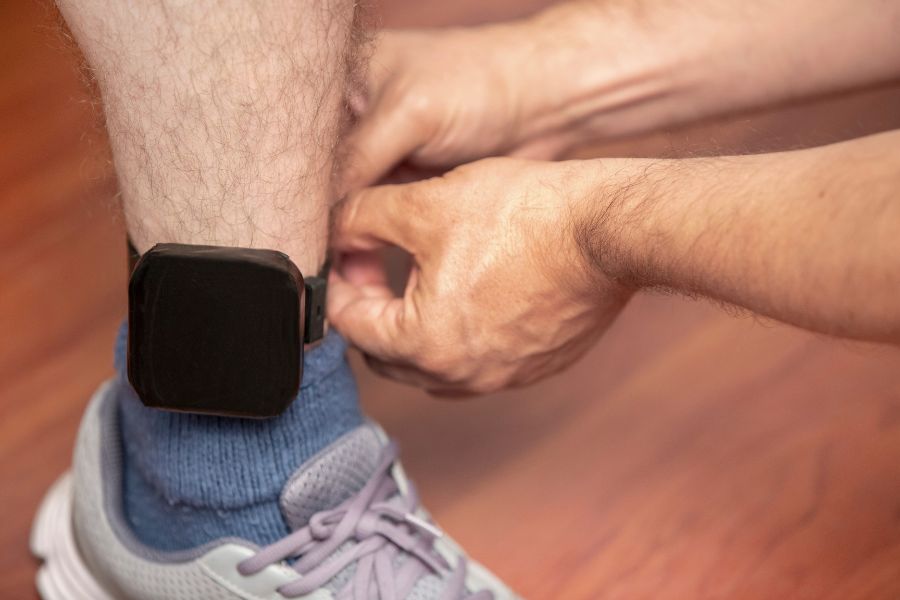
Alternative Sentencing Options in Ohio
Let’s explore common alternative sentencing options available in Ohio, how they work, and why they may be a valuable part of your defense strategy.
What Are Alternative Sentencing Options?
Alternative sentencing refers to court-imposed penalties that do not involve traditional incarceration. These sentences aim to rehabilitate offenders, reduce recidivism, and ease the burden on the penal system. Courts often consider factors like the nature of the offense, the defendant’s criminal history, and their willingness to comply with rehabilitative measures.
Common Types of Alternative Sentencing in Ohio
1. Pretrial Diversion Programs
- Pretrial diversion allows eligible offenders to avoid prosecution by agreeing to participate in a program designed to address the underlying causes of their behavior. This might include counseling, education, or community service.
- Upon successful completion, charges may be dismissed or reduced, leaving the individual with a clean record
2. Probation
- Instead of serving time in jail, offenders may be placed under supervised probation. They must comply with court-mandated conditions, such as maintaining employment, attending counseling, or passing regular drug tests.
- Probation violations can lead to more severe consequences, including imprisonment.
3. House Arrest and Electronic Monitoring
- For some offenders, serving a sentence at home under electronic monitoring can be an alternative to jail. This option is particularly common for non-violent offenders.
- House arrest allows individuals to maintain employment or fulfill family responsibilities while serving their sentence
4. Community Service
- Courts may require offenders to complete a set number of community service hours, allowing them to give back to their community while avoiding incarceration.
- This is often used as part of probation or pretrial diversion agreements.
5. Rehabilitation Programs
- Offenders with substance abuse or mental health issues may be required to participate in treatment programs. Drug courts and mental health courts are specialized systems designed to manage these cases effectively.
- Successful participation can lead to reduced or dismissed charges.
6. Restorative Justice Measures
- This approach emphasizes repairing the harm caused by the crime. Offenders may be required to meet with victims, apologize, or engage in activities to directly address their actions’ impact.
- Restorative justice is becoming increasingly popular for juvenile cases and minor offenses.
Who Qualifies for Alternative Sentencing?
Eligibility for alternative sentencing varies depending on the type of offense, the offender’s criminal record, and the court’s discretion. Non-violent and first-time offenders are the most common candidates, but others may qualify based on their willingness to comply with court-ordered programs.
Examples of qualifying offenses:
- Drug possession (non-violent)
- First-time DUIs
- Shoplifting or petty theft
- Minor property damage
How a Criminal Defense Attorney Can Help
A skilled criminal defense attorney plays a vital role in securing alternative sentencing. They can:
- Negotiate with prosecutors: Propose alternative solutions like pretrial diversion or probation instead of incarceration.
- Advocate in court: Present compelling arguments for why alternative sentencing is appropriate.
- Help clients comply with conditions: Guide individuals through program requirements to ensure successful completion.
The Benefits of Alternative Sentencing
- Rehabilitation Over Punishment: Focus on addressing the root causes of criminal behavior, such as addiction or mental health issues.
- Preserving Employment and Family Ties: Avoiding jail time allows individuals to maintain jobs and family responsibilities.
- Reducing Recidivism: Programs that focus on education and treatment can significantly lower the likelihood of reoffending.
- Alleviating System Overcrowding: Diverting eligible offenders reduces the burden on Ohio’s correctional facilities.
Alternative sentencing options provide hope and second chances for many facing criminal charges. If you’re in Columbus, Ohio, and want to explore these possibilities, Nathan Akamine offers experienced, personalized representation to help you achieve the best outcome. Contact us at (614) 443-6818 to schedule a consultation today.





